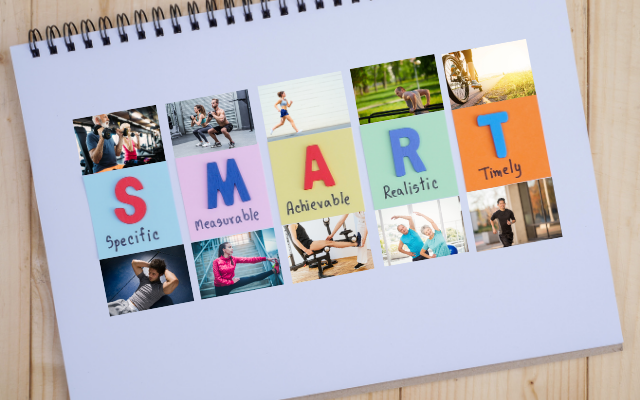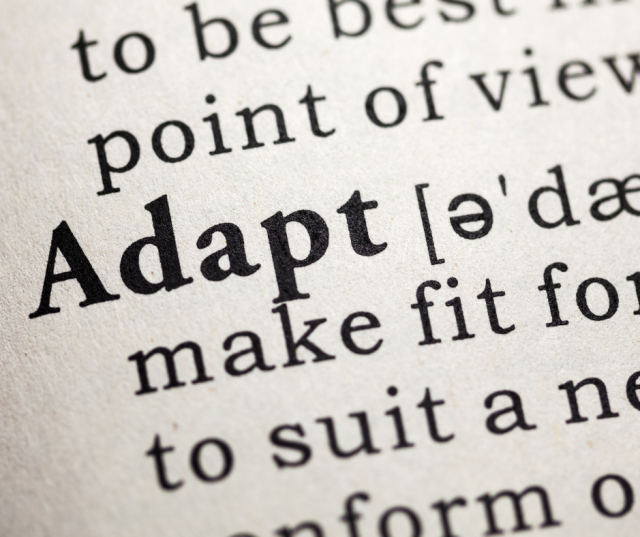By David Cork (Osteopath) & Edwina Or (Chiropractor)
Happy New Year everyone!
Let’s get ready for salad bingeing and obnoxiously crowded gyms as people attempt to introduce health back into their lives. It’s AMAZING that everyone can experience that motivation, but what’s more important and conveniently what most people struggle with is keeping that momentum going! So here are our tips to help YOU stay on track in 2021.
Start slowly
Going too hard too early can create a burn-out effect and, as a result, our goals don’t last.
If you are new to the exercise world, try aiming for 1 day a week of your favourite workout, followed by 2 days a week and progress at your own speed.
If you are returning to exercise after a break, gradually increase the intensity of your physical activity to allow your body to adapt after the de-training effect of not being able to participate in sport or go to the gym.
For guidance, WHO recommends a minimum of 2.5hrs of exercise per week for adults.




